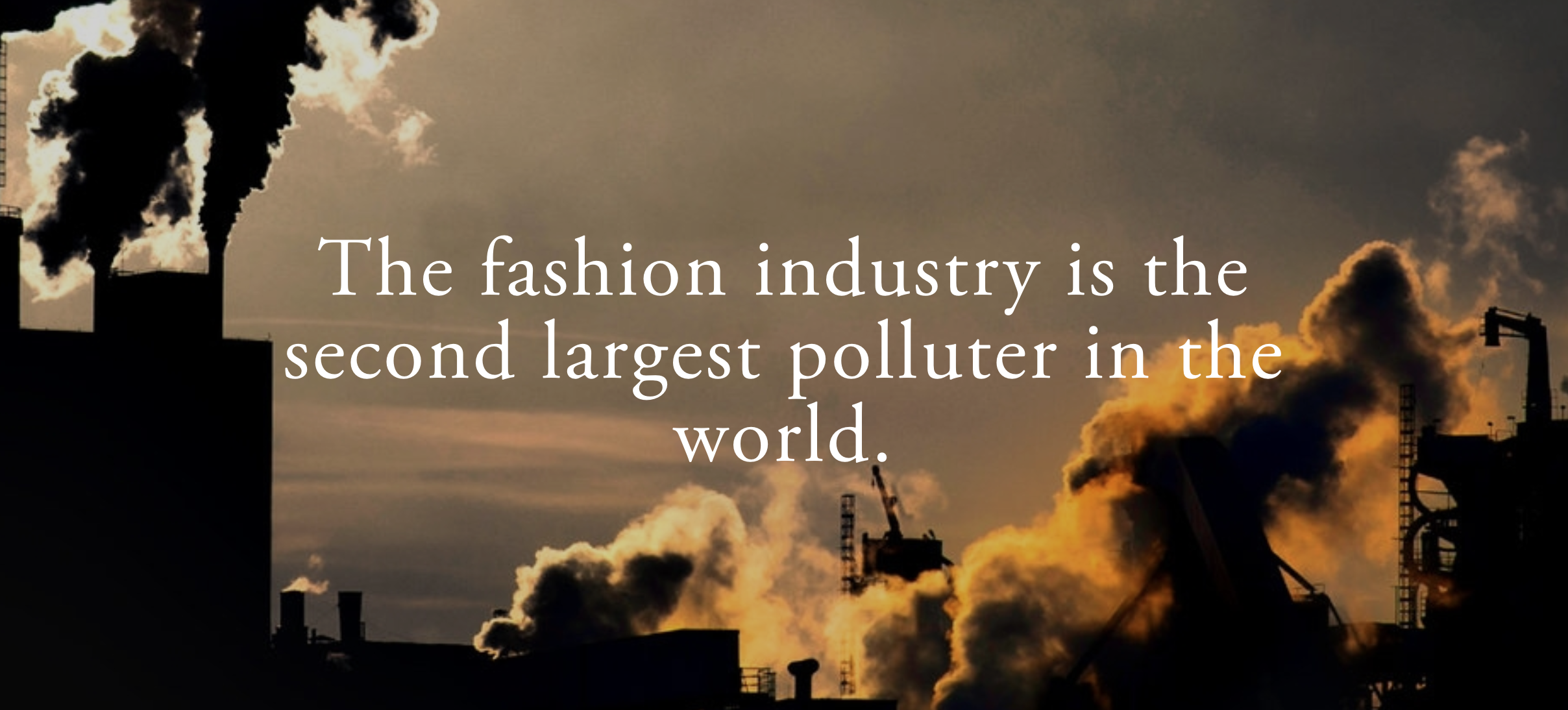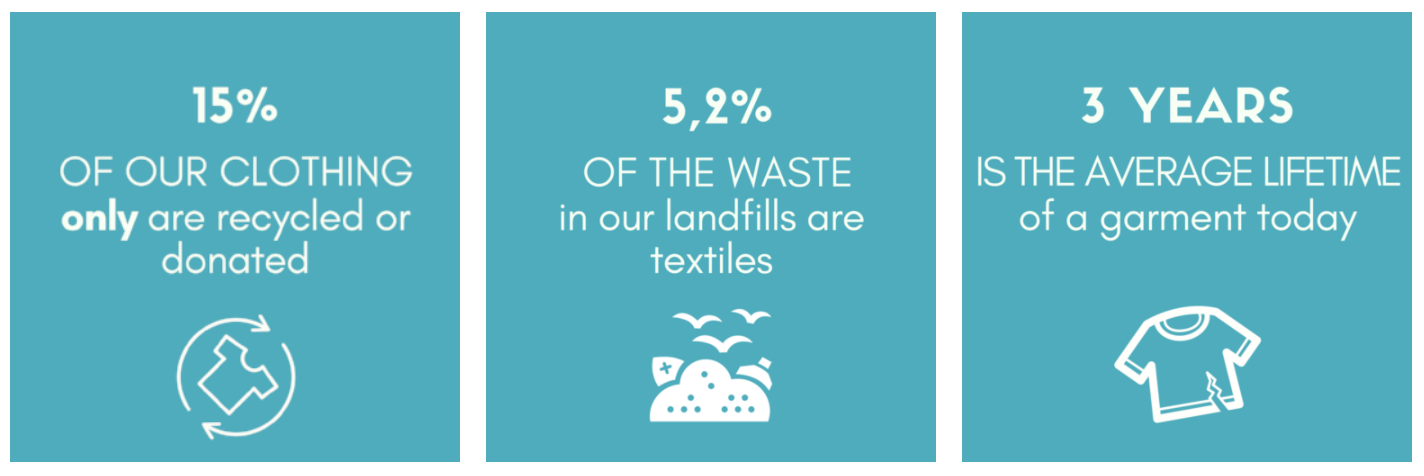

Do you know that fashion is the second largest polluter in the world, just after the oil industry? The environmental damage is increasing every year as the industry and demand for new styles grows.
According to a study by Princeton University, the fashion industry, especially the fast fashion sectors, “consumes one tenth of all the water usage industrially to run factories and clean products”. To put this number into perspective, it would take around 10,000 liters of water to produce one kilogram of cotton. If you still cannot picture the amount of water used, picture 3,000 liters of water for one cotton t-shirt. In most garment producing countries, water used to produce clothing are untreated toxic wastewaters. Mostly untreated, the toxic water is dumped directly into nearby rivers or lakes, later flowing into the ocean. This untreated wastewater contains highly toxic substance such as “lead, mercury and arsenic”, according to the world health organization.

Furthermore, as style evolves, the use of synthetic materials reaches an all-time high, causing plastic microfibers to enter our river and ocean systems. To be more precise, 35% of all microplastics found in the ocean are from these synthetic materials. These plastic wastes are slow to breakdown in the river and ocean. These toxic water and micro plastic fibers eventually end up in our food chain through the aquatic life. Our action and lifestyle choices have a direct impact on our overall health and wellbeing.
You might ask, “Well……what can I do about this issue?”. We can start locally by supporting local clothing recycling programs, buy from thrift stores and hold on to your clothing a tad bit longer. We can also choose clothes made in countries with strict environmental regulation for factories, that makes clothes from organic and natural fibers. We can also support brands that advocate sustainability and steer away from brands that are vague about these issues. If each and every one of us begin to take proactive steps towards environment-friendly fashion industry and educate ourself with the proper knowledge, we can slow down the effect of climate change, and make an impact on the food and air we eat and breath.

